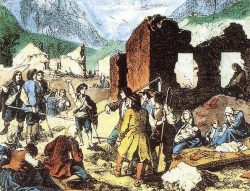Benjamin Du Plan (1688-1763)
Benjamin Du Plan belonged to a group of people who, although not pastors themselves, nevertheless contributed greatly to the rebirth of Protestantism in the Désert.
An officer who came from the Cévennes
Benjamin Ribet, lord of Le Plan, was born into a protestant family who lived in the château de la Favède, north-west of Alès.
He received military training and became an officer under the name of Du Chaila, but he soon put an end to his military career. At the age of twenty two, in 1710, he began to devote all his energy to supporting and spreading the protestant faith.
In 1715, he met Antoine Court
They both worked together, restoring the Church. Although they did not agree at all on the “inspired prophets”, they remained friends. Unlike his friend, Benjamin Du Plan had a fairly easy-going attitude towards these preachers of the “Suffering Church” and admired their courage.
Together, Du Plan and Antoine Court asserted loyalty to the king and encouraged the Huguenots to remain calm but not to stop holding their meetings for worship.
A diplomat in the service of French Protestantism (1731-1751)
At the secret synod which was held in Nîmes in 1725, he was appointed deputy general of the synods which were held in protestant countries.
After spending four years in Geneva and one year in Switzerland, Benjamin Du Plan travelled all over Europe pleading the cause of French Protestantism. He made contact with the countries of Refuge ; Holland, Prussia, England. From the major protestant countries in Europe, he managed to obtain a great deal of financial help and also negotiated the liberation of many protestant prisoners on the slave boats. His efforts have not always been duly recognized and some French people criticised him for not obtaining good enough results. Although his achievements were better acknowledged in 1751, he suffered for many years from the way he had been treated by his contemporaries.
Towards the end of his life he settled in England and got married. He looked after the Huguenots who had taken refuge in England, helping some of them to make their way to North America, Australia or South Africa.
He died in London in 1763.
Associated notes
-

Antoine Court (1695-1760)
Antoine Court gave himself to the restoration and reorganisation of Protestantism in France after the revocation of the Edict of Nantes (1685). -
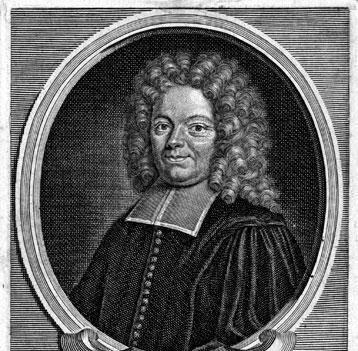
Jacques Basnage (1653-1723)
Jacques Basnage was a pastor in Rouen at the time of the Revocation of the Edict of Nantes – he had to escape from France due to persecution and took... -
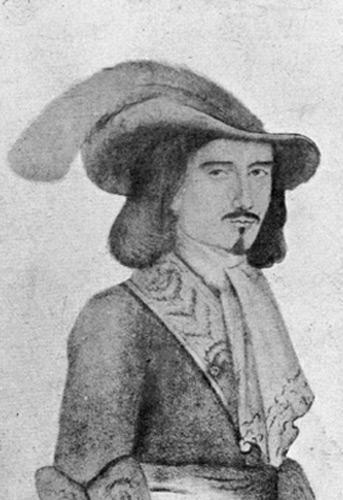
Jean Cavalier (1681-1740)
-
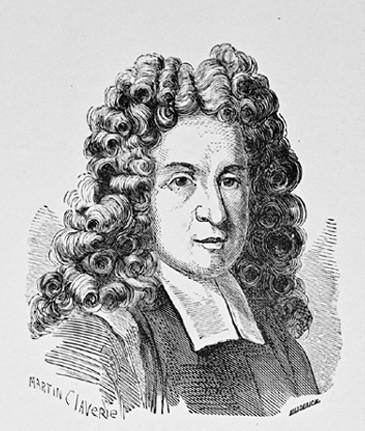
Jacques Saurin (1677-1730)
Jacques Saurin was a pastor serving in the countries of Refuge, first in London, then in the Hague – as a pastor he was admired for his eloquence and a... -
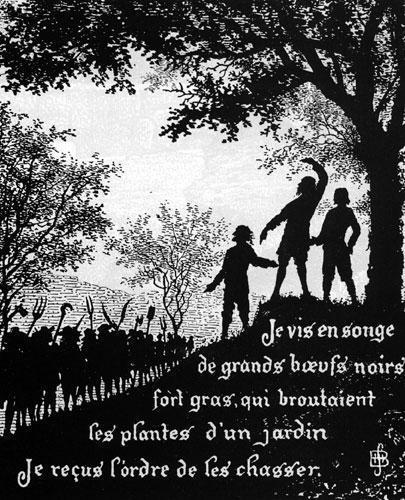
Abraham Mazel (1677-1710)
A prophet and a fighter, Abraham Mazel was the first and the last of the Camisards. -
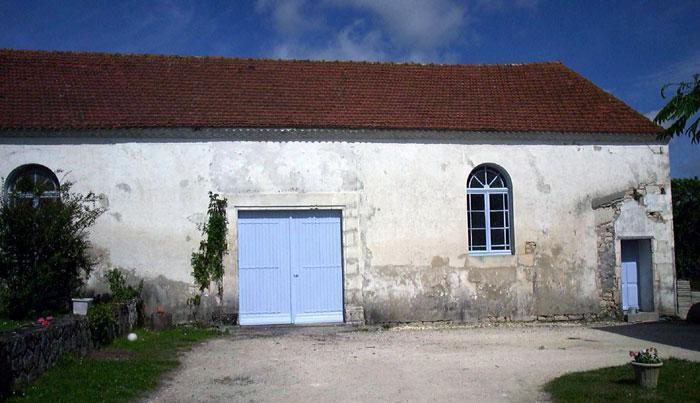
The Gibert brothers
The Gibert brothers exercised a pastoral ministry during the period of the “underground” church. They both had an eventful life that drove them from the “Desert” church to the Refuge.

